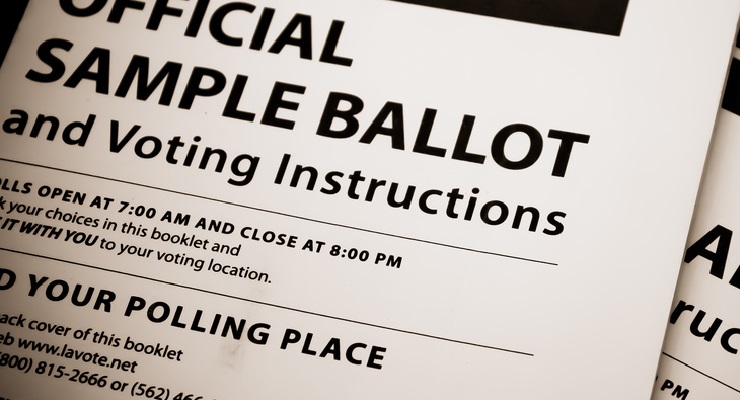
Authors of falsely quoted survey had warned in the survey against using the data in regard to non-citizen voters. They expressly made clear their research should not be used to reach such conclusions. A recent article by Amy Sherman at Politifact goes point by point showing where this false and ‘ridiculous’ narrative was born. Fox and Friends and the Washington Times are among the news outlets pushing the false story as true. From Politifact:
The claim made on Fox and Friends is based on an extrapolation of a controversial study that relied on a very small number of responses. Researchers involved in the underlying survey of voters have cautioned against using their data to reach conclusions about noncitizen voters.
We emailed a spokeswoman for Fox News and did not get a reply; however, the Washington Times article showed that the information came from Just Facts, a think tank that describes itself as conservative/libertarian and was founded by James D. Agresti, a mechanical engineer in New Jersey.
Agresti’s conclusions are based on data from a paper by Old Dominion University researchers who used data from the Cooperative Congressional Election Study, or CCES. He multiplied the findings in that data with U.S. Census Bureau estimates of the noncitizen population to come up with a conclusion about the number of noncitizen voters nationwide.
The Huffington Post also wrote about the revelations regarding the origins of the false claim that they called ‘crazy extrapolation’. Here is the Huffington Post article quoting University of Massachusetts Amherst political science professor Brian Schaffner, who manages the database in question:
In addition to ignoring the major issue with the original study, they also claim that we should take any supposed non-citizen at their word if they claim to have voted even if we can’t match them to a vote record because they probably used a fraudulent identity. However, the issue here is why would a non-citizen who is going through the trouble of using a fraudulent identity to vote then admit to voting in a survey and give us their actual name and address?
Schaffner went on to explain how statistics works in surveys of the public:
If I do a survey of 1,000 people and on that survey five people say something crazy or non-truthful, that wouldn’t be something hard to imagine, that five people out of 1,000 people might lie, might not have actually read the text very carefully, might click on a button wrong.
Schaffner has this public bio up at University of Massachusetts Amherst:
My research focuses on public opinion, campaigns and elections, political parties, and legislative politics. I am co-PI of the Cooperative Congressional Election Study. I am co-author (with Ray La Raja) of the forthcoming book Campaign Finance and Political Polarization: When Purists Prevail (University of Michigan Press), co-Editor of the book Winning with Words: The Origins & Impact of Political Framing, and co-author of Understanding Political Science Research Methods: The Challenge of Inference.
My research has appeared in over thirty journal articles, including the American Political Science Review, the American Journal of Political Science, the British Journal of Political Science, Public Opinion Quarterly, Political Communication, Political Analysis, Political Research Quarterly, Legislative Studies Quarterly, and Social Science Quarterly. I am also the Founding Director of the UMass Poll.
Leave a Reply